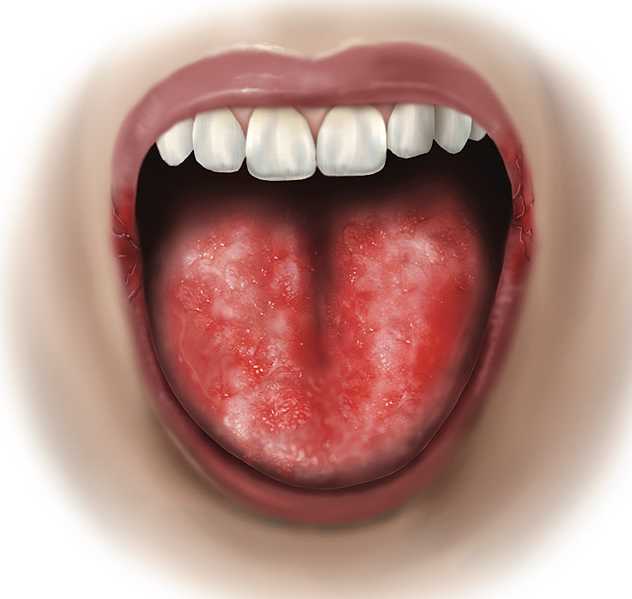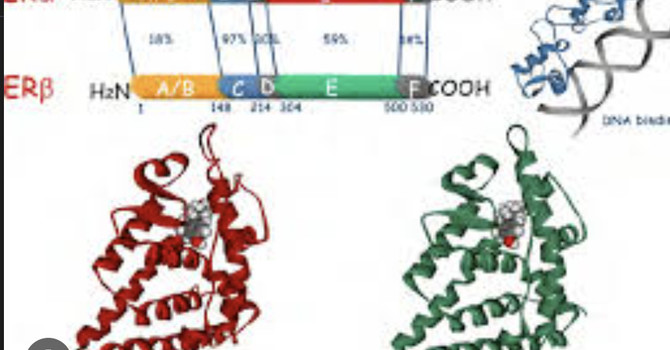
Burning Mouth Syndrome (BMS) and the Role of Hormone Replacement Therapy in MenopauseMenopause is a significant transition in a woman's life, marked by the end of menstrual cycles and a decline in reproductive hormones, notably estrogen, progesterone, and testosterone. This hormonal decline affects various parts of the body in ways that are not always immediately associated with menopause. One such condition is Burning Mouth Syndrome (BMS), a perplexing and often overlooked symptom that can significantly impact quality of life. This article explores the connection between BMS and menopause, emphasizing the role of hormone replacement therapy (HRT) in managing this condition, supported by medical literature.
Understanding Burning Mouth Syndrome
BMS is characterized by a burning sensation in the mouth, affecting the tongue, lips, and other oral mucosal surfaces, without any visible signs of irritation or disease. Symptoms can include dry mouth, altered taste, and a constant metallic or bitter taste. The condition is more prevalent in postmenopausal women, suggesting a hormonal component to its etiology12.
The Hormonal Link
The decline of estrogen during menopause is well-documented to affect various bodily functions, including bone density, cardiovascular health, and skin elasticity. However, its impact on oral health, particularly in the development of BMS, is gaining attention. Estrogen receptors are found throughout the body, including in oral tissues, indicating that estrogen plays a role in maintaining the health of oral mucosa37. The decrease in estrogen levels during menopause can lead to diminished salivary flow and changes in the oral microbiome, creating an environment susceptible to BMS46.
Hormone Replacement Therapy: A Potential Solution
HRT has been a cornerstone in managing menopausal symptoms, primarily addressing hot flashes, night sweats, and vaginal dryness. Its role in treating BMS is emerging, with evidence suggesting that supplementing estrogen can alleviate symptoms. HRT may help by restoring the hormonal balance, improving salivary flow, and enhancing the health of oral mucosa58.
Beyond BMS: Other Hormonally Influenced Conditions
The decline in sex hormones affects various other parts of the body in unexpected ways. For instance, low estrogen levels are linked to an increased risk of osteoporosis, cardiovascular diseases, and skin changes. Similarly, conditions like joint pain, mood swings, and cognitive changes during menopause can also be attributed to hormonal imbalances910. These manifestations underscore the systemic impact of hormonal decline beyond the reproductive system.
Conclusion
Burning Mouth Syndrome is a significant yet underrecognized symptom of menopausal hormonal decline. The evidence supports the role of HRT in managing BMS, highlighting the broader implications of hormone replacement therapy in addressing the multifaceted symptoms of menopause. As we continue to explore the connections between hormonal health and various bodily functions, it becomes clear that the scope of HRT extends beyond traditional menopausal symptoms, offering relief for conditions like BMS. It is crucial for healthcare providers to recognize these links and consider comprehensive hormonal management to improve the quality of life for menopausal women.
In conclusion, if you are experiencing symptoms of Burning Mouth Syndrome or any other menopausal-related conditions, it's crucial to seek professional medical advice. At my clinic I specialize in a unique approach to hormone replacement therapy; u nderstanding that each woman's body and hormonal needs are distinct. Therefore, I employ a specialized method of titrating hormones to match individual needs, using compound hormones made in organic solvent. These topical prescriptions are designed with your health in mind, free from the toxic preservatives commonly found in hormones produced by commercial pharmacies. If you're looking to alleviate your symptoms and improve your quality of life during menopause, I encourage you to make an appointment today. Together, we can navigate the complexities of menopause with tailored, compassionate care.
Dr. Anat Sapan MD, specializing in peri/menopause care, advocates for a personalized approach combining Bioidentical Hormone Replacement Therapy with lifestyle strategies. Her telemedicine services in California, Florida and Illinois aim to help women overcome menopausal symptoms and enhance their quality of life.

Anat Sapan, MD
Contact Me



